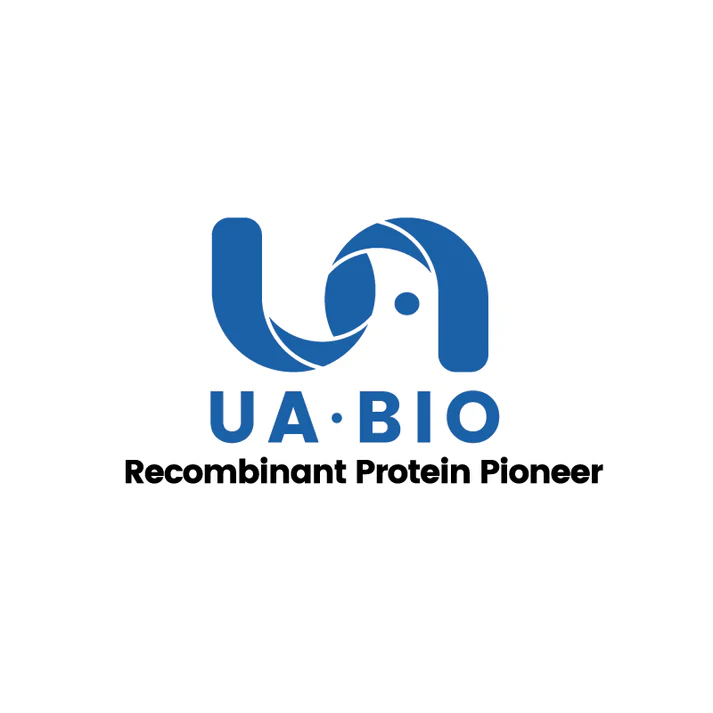1μg (R: reducing condition, N: non-reducing condition).
Product Details
Product Details
Product Specification
| Species | Human |
| Synonyms | Properdin; Complement factor P; CFP; PFC |
| Accession | P27918 |
| Amino Acid Sequence | Asp28-Leu469 with His Tag at the C-terminus |
| Expression System | HEK293 |
| Molecular Weight | 43-55 kDa (Reducing) |
| Purity | >95% by SDS-PAGE & RP-HPLC |
| Endotoxin | <0.1EU/μg |
| Conjugation | Unconjugated |
| Tag | His Tag |
| Physical Appearance | Lyophilized Powder |
| Storage Buffer | PBS, PH7.4,5% trehalose |
| Reconstitution | Reconstitute at 0.1-1 mg/ml according to the size in ultrapure water after rapid centrifugation. |
| Stability & Storage | · 12 months from date of receipt, lyophilized powder stored at -20 to -80℃. |
| Reference | 1.Pillemer, L. et al. (1954) Science 120:279. |
Background
Properdin, also known as Complement factor P (CFP) or PFC, is a glycoprotein of approximately 53 kDa that serves as a positive regulator of the alternative pathway of the complement system. It enhances the activity of this pathway by binding to and stabilizing the C3 and C5 convertase complexes, thereby significantly extending their half-lives. Properdin is primarily produced by various subsets of leukocytes and circulates as cyclic oligomers of monomeric subunits.
Properdin augments the formation of platelet/granulocyte aggregates (PGA) through increased production of C5a. This process is strictly regulated by Factor H. Inhibition of Properdin function holds therapeutic potential for limiting thromboinflammation, particularly in diseases characterized by increased PGA formation. Deficiency in Properdin increases susceptibility to infections, such as meningococcal disease.
Picture
Picture
SDS-PAGE


